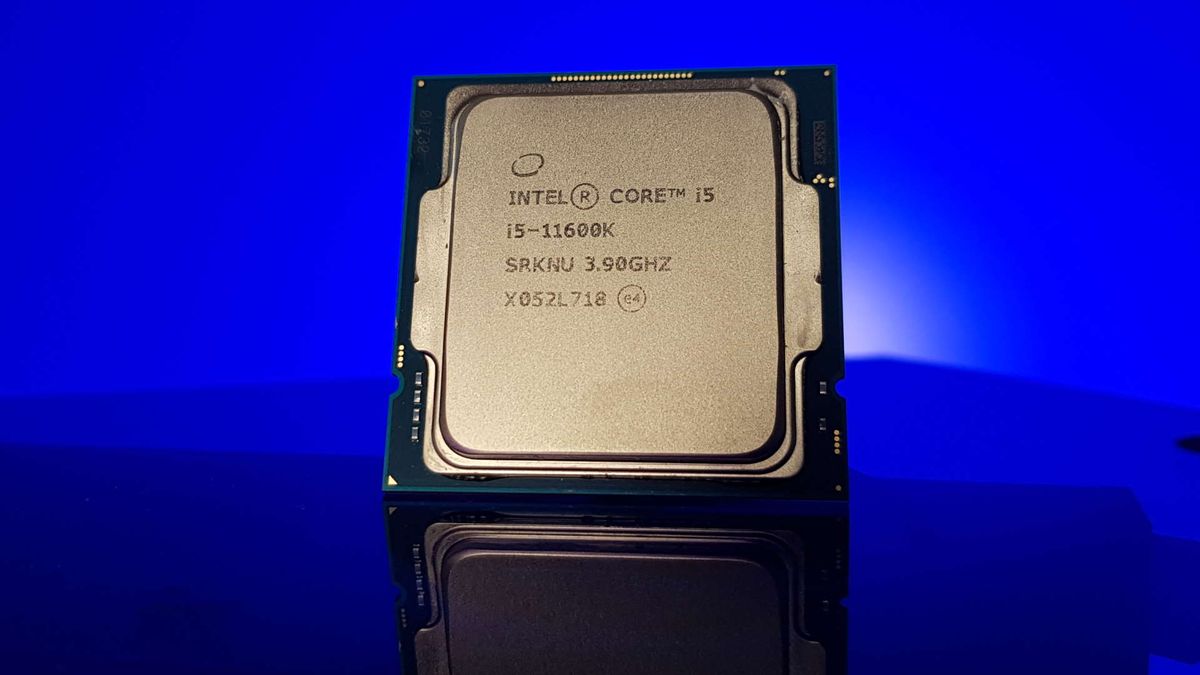Intel calls time on Rocket Lake, the CPU generation that should never have happened

The Intel CPU architecture that was never meant to be has become the processor generation that no longer is. Intel has popped a proverbial cap into Rocket Lake, otherwise known as its 11th Generation Core processors. They are, in their entirety, officially EOL'd or shifted to end-of-life status.
Unsurprisingly, the game is also up for Intel's 400 and 500 series chipsets which support Rocket Lake CPUs. The supply of Rocket Lake CPUs won't cease instantly. Final orders are now being taken and the remaining chips will work their way through the system. But Rocket Lake is officially on notice.
Lest ye have forgotten, Rocket Lake was a curious beast. Built on the by-then ancient 14nm node and topped out with the Core i9 11900K, Intel itself admitted that Rocket Lake was a back-port of an architecture originally intended for 10nm. But such were the catastrophic delays bringing up 10nm, Intel was forced to bodge Rocket Lake on 14nm.
The result was a chip with a decent step up in IPC or performance per clock over its Comet Lake predecessor, but also a CPU architecture with a distinct power guzzling problem. Rocket Lake had big old CPU cores originally intended for a more advanced process node and that made for distinctly inefficient cores, which is no doubt why the architecture was reserved for the desktop and never made it into laptops.
Rocket Lake's hefty backported cores were also the reason why Intel scaled back the maximum core count from 10 in Comet Lake to eight for Rocket Lake. Those Rocket Lake cores were just too big and power hungry.
Arguably, remnants of Rocket Lake's backported character can still be seen in today's 13th Gen Raptor Lake CPUs, built on 10nm tech now rebranded Intel 7. They're still very power hungry chips if you light 'em up with an all-cores workload, perhaps reflecting the fact that Intel was originally expecting to be making chips on 7nm or even 4nm by now.
Anyway, Rocket Lake wasn't a total disaster, but it was symptomatic of Intel's broader struggles with its chip manufacturing tech. If you fancy a Rocket Lake CPU, perhaps as a drop-in upgrade for an existing PC, well, you'd better get your skates on. Time is a tickin' on the Intel CPU architecture that was never meant to be.
* This article was originally published here


Comments
Post a Comment